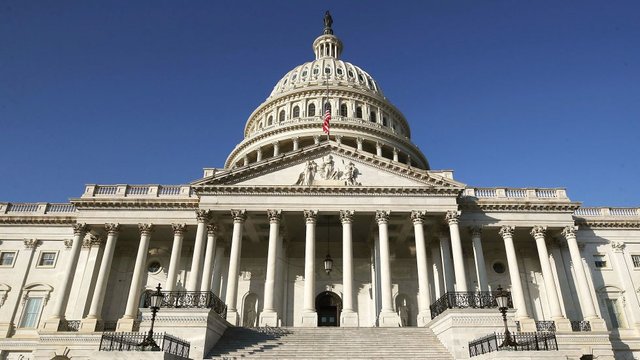Welcome to This Week in Civil Rights and Civil Liberties. This week, President Biden forms a panel to study Supreme Court reform, Maryland establishes a multitude of police reform measures, and California’s COVID-19 related restrictions are once again struck down by the Supreme Court.
President Biden has announced that he will form a panel to study the possibility of expanding the Supreme Court. Such an expansion would fulfill the goal of some liberal Democrats hoping to end the Court’s current conservative majority. While speaking last week at the Harvard Law School annual Scalia Lecture, Associate Supreme Court Justice Stephen Breyer pushed back on the idea, requesting those considering court-packing “think long and hard before they embody those changes in law.” (Reuters, SCOTUSBlog, The Crimson).
The U.S. Army Corps of Engineers has announced it will allow the Dakota Access pipeline to stay open during its permit review process. Activists had hoped the pipeline would be shut down after a key environmental permit was denied last year. The Standing Rock Sioux said in a statement that they would continue their appeal. (Reuters).
Multiple cities have announced legislation offering security deposit alternatives to assist community members struggling to pay their rent during the pandemic. Bills have been passed in Atlanta and Cincinnati, and governors have issued executive orders in New York and New Jersey. Last week, the Baltimore City Council became the latest to pass legislation supporting alternatives to lump-sum security deposits; it now goes to Mayor Brandon Scott for his signature. (NBC News).
Two Alabama state senators have announced their proposal to divert part of a statewide property tax to promote Black history in the state. The property tax was originally imposed to fund pensions for Confederate soldiers and their widows and is still collected today. Though most of the revenue is used for other purposes, 1% is used to preserve and operate the state’s Confederate Memorial Park. (AP).
Maryland lawmakers have overridden Republican Governor Larry Hogan’s veto to impose police reform measures. The measures involved include repealing the Law Enforcement Officers Bill of Rights, a bill that provided job protections in the police disciplinary process that critics say impeded accountability. Also included is a statewide use-of-force policy, mandated use of body cameras statewide by July 2025, expanded public access to police disciplinary records and limited use of no-knock warrants. (NPR).
Police in a small town outside of Norfolk, Virginia are accused of using excessive force in a routine traffic stop of an Army lieutenant. 2nd Lt. Caron Nazario is seeking $1million in compensatory damages after the incident in December. While still in his car, police officers pointed guns at him and pepper sprayed him, before pulling him out, pushing him to the ground, and searching his vehicle. (NBC News, CNN).
Amidst multiple recent mass shootings, President Biden has announced limited measures to tackle gun violence. Biden will ask the Justice Department to curb proliferation of self-assembled “ghost guns” and make “stabilizing braces, which effectively turn pistoles into rifles, subject to registration under the National Firearm Act. He will also ask the ATF to make it easier for states to adopt “red flag” laws that flag at-risk individuals who own guns. (Reuters, NPR).
The Supreme Court has blocked California’s COVID-related restrictions on in-home religious gatherings. In an unsigned opinion, the Court’s majority wrote that government regulations are subject to heightened scrutiny whenever they treat any secular activity more favorably than religious activity. This is the fifth time the Supreme Court has sided with religious parties over Calirofnia’s COVID-19 restrictions. (SCOTUSBlog, NPR).
Under a current Justice Department legal opinion from the end of the Trump administration, federal prisoners who were released due to the pandemic will be recalled to finish their sentences when the emergency ends. The opinion could impact as many as 7,399 BOP inmates who are currently out on home confinement. Criminal justice advocacy groups have called on President Biden and U.S. Attorney General Merrick Garland to reverse the opinion. (Reuters).

